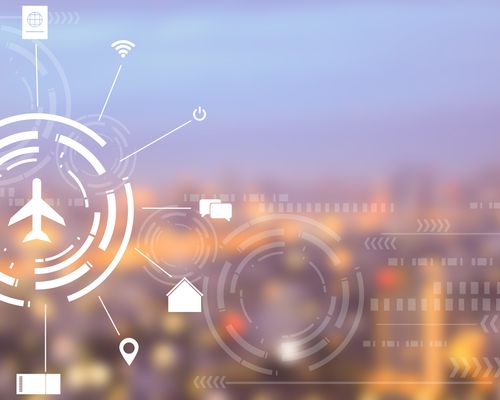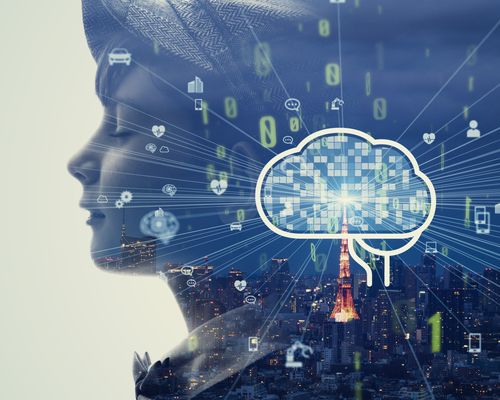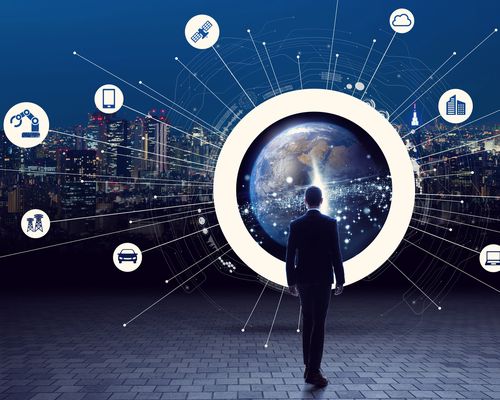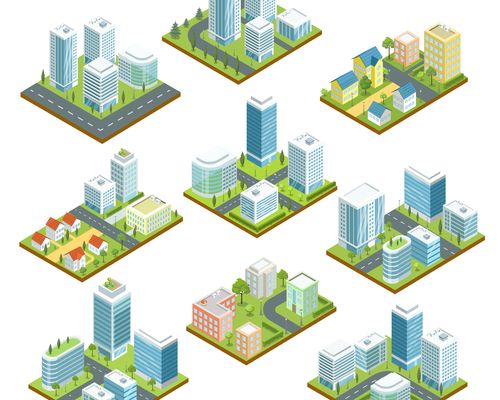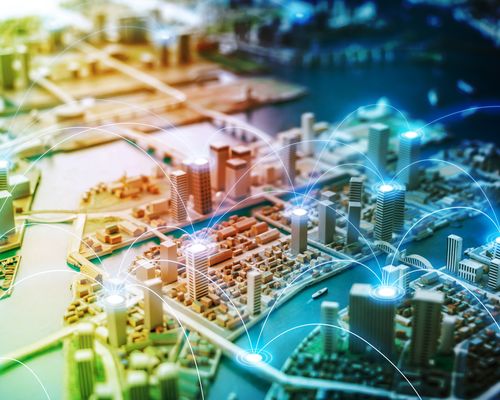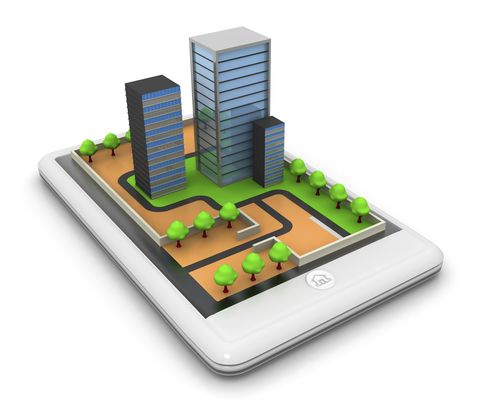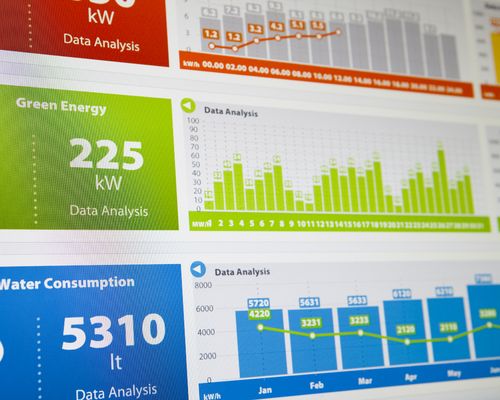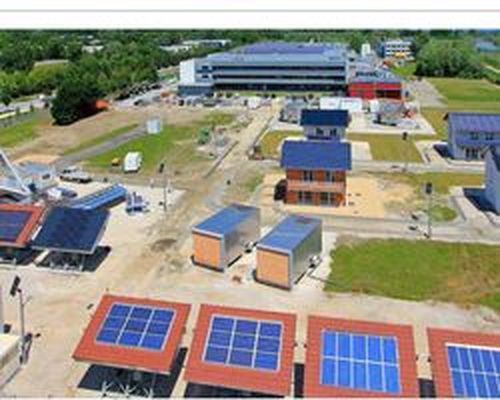
ITEA Challenge
Smart Cities

Introduction
There is an inevitability that we must face – urbanisation is an unstoppable demographic trend and cities will not get any smaller. With the number of megacities and the people living in them increasing exponentially, the question that arises is how can these cities be smarter with what they have at their disposal? Software platforms along with the massive deployment of wireless ICT will become key to supporting the management of cities, whether in terms of housing, energy, mobility or emergency services. ICT is an opportunity to solve many of the cities' problems: transportation, e-Government, Machineto- Machine communication. How can the traffic intensity be managed, for example? What smart solutions can make the streets safer at night? And how can smart villages counteract the digital divide and prevent rural life becoming more difficult?
Some facts and figures
- The United Nations estimates that by 2030 nearly 60% of the world's population will be living in an urban environment; in 1900, this number was only 13%. This rise in urbanisation affects not only industrialised nations (80% by 2030) but particularly developing countries (55% by 2030). All over the world, this creates political, scientific and economic challenges. There is a need for smart cities among the whole global community. [1]
- If reports are correct, cities would have to spend a staggering USD 350 trillion or almost 5 times current global GDP in the next 30 years on urban infrastructure. [2] But since this is not really feasible we need to find smart ways to address these urgent needs.
- Deploying smart technologies in key areas of electricity grids, transport, logistics, buildings and industrial motors could cut global emissions by 15% in 2020, and around USD 900 billion a year in energy savings for global industry by 2020. [2]
- As in many cities, the
Dutch capital of The Hague wants to encourage citizens to engage with each other to influence
how their city develops smart urban solutions. Democracy 3.0 is a tool to give citizens power
over the allocation of 2-3% of local taxes by allowing their proposals to be voted on. [3]
- in Boston, citizens use a digital application to register concerns about streets that need cleaning or potholes that need fixing, helping the city authorities to address the problems quickly without first having to dispatch employees to investigate. Potholes, for example, are detected by volunteer citizens who use a mobile app that applies an accelerometer and GPS to record and locate any bumps hit by the car the user is driving. [4]
- Bucheon City in South Korea provides drivers with real-time traffic information from various sources, such as cameras and speed radars, helping drivers to avoid congested roads and city authorities to track traffic volumes and plan for new roads. [4]
Imagine …
Imagine arriving at one of the airports that serve the megacity of the future. It's a daunting prospect
if you don't know your way around. How can you get to your destination quickly and cheaply? And when you
arrive, what kind of interesting cultural events might attract your interest or where is the best place
to dine? We're not all the same. So how can you personalise your trip? How can you get the best out of
the opportunity? And who can do what? Who takes the lead in developing solutions? Who innovates what?
Communicates the possibilities?
Imagine what is possible when we dare to dream, when we reach for the stars in a galaxy full of
opportunities…
References
[1] Smart
cities – German High Technology for the cities of the future, tasks and opportunities. acatech –
National
Academy of Science and Engineering, May 2011.
[2] Information
Marketplaces – The New Economics of Cities. A report by: The Climate Group, Arup, Accenture and
Horizon,
University of Nottingham, 2011.
[3] Innovation in
Europe's
cities. A report by LSE Cities on Bloomberg Philanthropies' 2014 Mayors Challenge, February
2015.
[4] How to make a
city
great. McKinsey&Company, September 2013.

Projects related to the challenge Smart Cities




EngagedUser
Digitalized user engagement evaluation systems using event-based user analytics




MOS2S
Media Orchestration - Sensor to Screen


PS-CRIMSON
Public Safety and Crisis Management Service Orchestration



C³PO
Collaborative City Co-design PlatfOrm




FUSE-IT
Future Unified System for Energy and Information Technology






M2MGrids
Smart M2M Grids – M2M Internet for dynamic M2M Information Business ecosystem







SEAS
Smart Energy Aware Systems




IMPONET
Intelligent Monitoring of Power Networks



